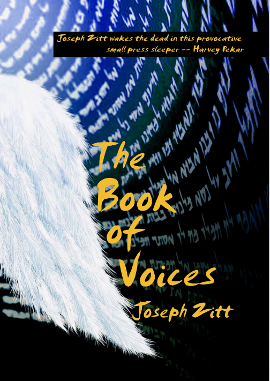My father used to say that his singing was so bad that when the rest of his elementary school class was singing, he would be sent to water the classroom plants.
I have been known to stammer under stress. (I understand that my paternal grandfather, for whom I was named, also stammered badly.) But when the stammering got so bad that I could not speak intelligibly, I discovered that I could speak with a different voice, by switching into the modes of breathing and voice production that I would usually use only when singing. That, along with my memory of my father’s story, was the genesis of Asaph’s tale.
On a larger scale, perhaps the root of writing this fiction (and perhaps of many others writing fiction?) is the act of taking on another person’s voice, making it possible to say things that wanted to be said.
The teacher’s name, Shirah, means “song” in Hebrew.
The numeric patterns in the story are influenced by my fondness for Fibonacci sequences.
Questions
Do you ever find yourself wishing to speak, but afraid or embarrassed to do so? What could you change (or what do you wish that someone else would change) so that you could speak freely?
If you could speak completely freely, who would you like to hear you? What would you then be able to say?


Recent Comments